DATE: Thursday 23 April 2015
VENUE: National Library of Ireland
Co-organised by Boston College Dublin, RTÉ Century Ireland, and University College Dublin
This is a free public event and all are welcome. No advance booking required.
On Thursday 23 April at 7pm, the National Library of Ireland will host a public lecture by Professor Stuart Ward, University of Copenhagen entitled
This lecture examines the commemorative ‘afterlife’ of a single, self-contained WWI battlefield: the Gallipoli campaign of 1915. The original trenchlines of the Gallipoli peninsula are preserved to this day by the surfeit of monuments and commemorative sites arrayed on either side of the ridges and gullies that once narrowly divided allied and Turkish combatants. But whereas a century ago the battlelines signalled bitter conflict and bloody mayhem, today the enduring message is one of shared sacrifice and reconciliation. Particularly for the two nations with the most intimate associations with Gallipoli, Turkey and Australia, the custodianship of the site and observance of annual rituals is steeped in redemptive, pacifist politics. Yet in contrast to similar patterns of shared observance along the Western Front in the decades after 1945, Gallipoli’s commemoratgive culture of atonement emerged in the immediate aftermath of the Great War itself. Mustafa Kemal Atatürk’s celebrated ‘Johnnies and Mehmets … side by side’ aphorism of 1934 (now memorialised in sandstone at the Australian landing site) was the most definitive expression of this peculiar penchant for making peace from war. Then, as now, the outward forging of a conciliatory bond between former antagonists also worked to submerge internal rivalries and political divisions within those societies. This is borne out by recent moves in the Republic of Ireland to embrace its long-forgotten role in the Gallipoli campaign as an emblem of shared national endeavour across sectarian lines. Understanding the national and transnational dynamics of the redemptive afterlife of Gallipoli among these three former combatants is the main theme of this presentation. It explores the paradox whereby avowedly national uses of the past are sustained by global networks of mediation and the ‘transnational synchronisation of memory cultures’.